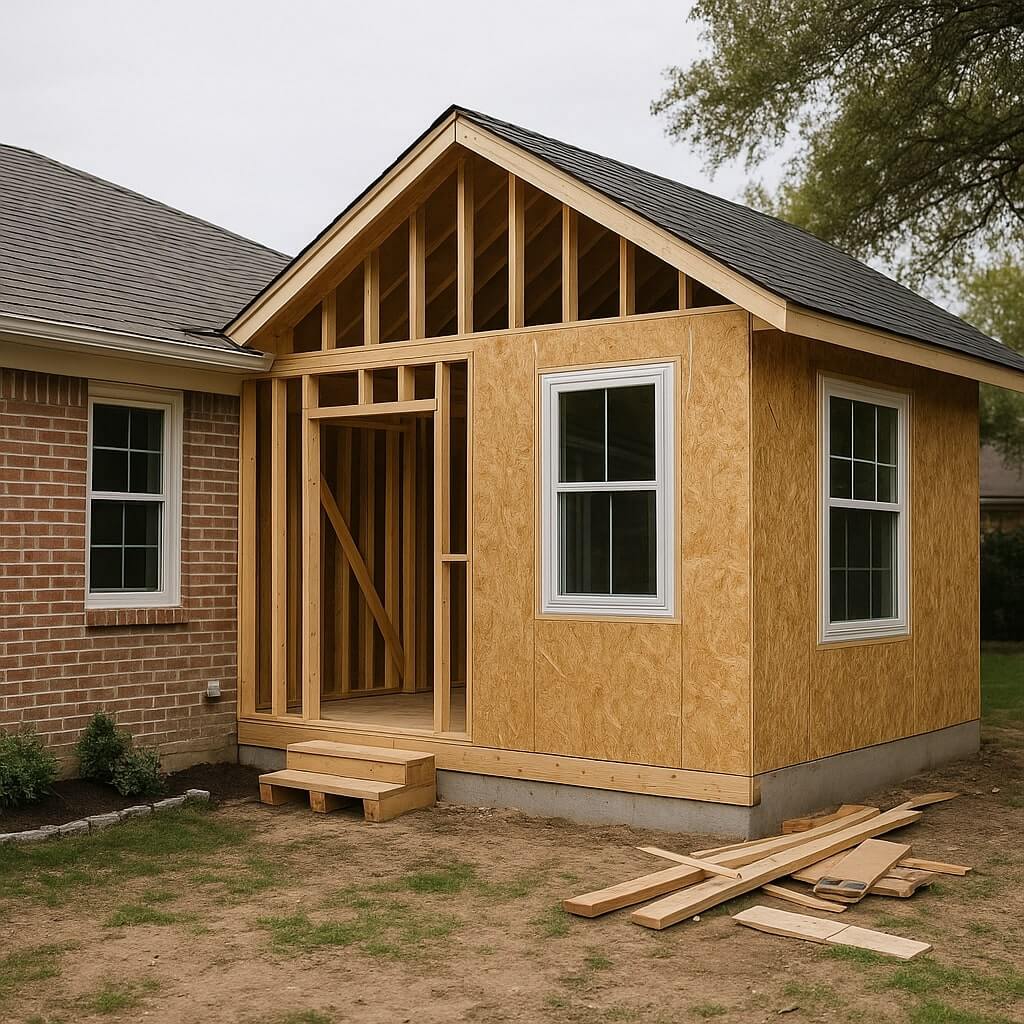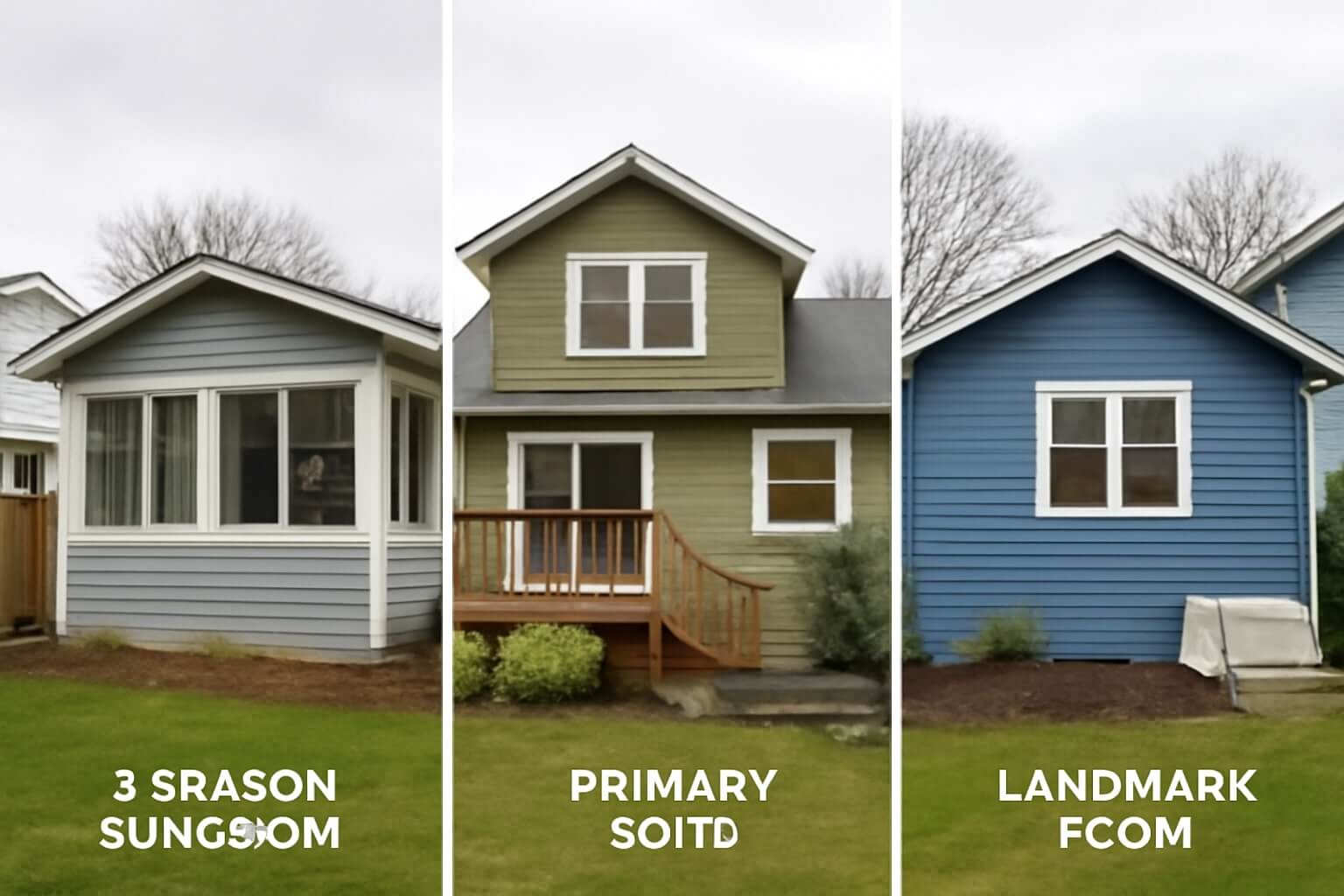If you’re considering adding an addition to your Fort Worth home, there are three vital steps you need to follow. First, you’ll want to assess your needs and develop a clear plan for the new space. Next, you’ll have to navigate local regulations and secure the necessary permits. Finally, budgeting is essential to guarantee you cover all costs. Understanding these steps can greatly impact your project’s success, so let’s explore each one in detail.
Key Takeaways
- Assess your needs and define the purpose of the addition to create a solid plan.
- Establish a realistic budget, including materials, labor, permits, and a contingency fund.
- Check Fort Worth’s zoning laws and prepare necessary permit applications for compliance.
- Coordinate with contractors, schedule inspections, and maintain communication throughout construction.
- Conduct a final walkthrough, address any issues, and update property records after project completion.
Assess Your Needs and Create a Plan
Before you plunge into adding an addition to your Fort Worth home, it’s essential to assess your needs and create a solid plan.
Start by defining priorities; what’s the main purpose of this addition? Whether it’s extra space for a growing family or a home office, clarity guides your design.
Next, establish timelines to keep your project on track. Consider how long construction might take and when you’d like to begin.
Budgeting for Your Home Addition
While you may have a vision for your home addition, establishing a realistic budget is essential to turning that vision into reality. Start with cost estimation, considering materials, labor, and unexpected expenses. Research your financing options, such as personal loans or home equity lines of credit, to determine what fits your financial situation.
| Expense Type | Estimated Cost |
|---|---|
| Materials | $10,000 – $30,000 |
| Labor | $8,000 – $20,000 |
| Permits & Fees | $1,000 – $3,000 |
| Contingency Fund | 10% of total cost |
Navigating Local Regulations and Permits
Understanding your budget sets the stage for the next important step: steering through local regulations and permits.
First, check Fort Worth’s zoning laws to verify your planned addition complies with local guidelines. Different zones might’ve specific restrictions on size and design.
Next, prepare your permit application, which typically requires detailed plans and specifications for your project. Don’t forget to include any necessary documentation, such as surveys or architectural drawings.
Once you submit your application, be prepared for potential revisions or additional requests from city officials. Guiding through these regulations carefully will help you avoid delays and guarantee a smooth addition process.
Conclusion
In summary, adding an addition to your Fort Worth home can greatly enhance your living space and increase your property value. By evaluating your needs, budgeting effectively, and maneuvering through local regulations, you can guarantee a smooth and successful project. Don’t forget to account for unexpected expenses, and always stay informed about any zoning laws that may impact your plans. With careful planning and preparation, you’ll create a space that perfectly meets your needs and complements your home.




![What Factors Affect Home Addition Costs Per Square Foot]](https://fchomes.org/wp-content/uploads/2025/12/What-Factors-Affect-Home-Addition-Costs-Per-Square-Foot.jpg)